An abandoned park is a monument to Turkey’s corrupt past. A rising political star may be its future
His priorities are food, education and supporting the people of Ankara on their path to prosperity. Borzou Daragahi talks to Mansur Yavas, the most popular politician in Turkey

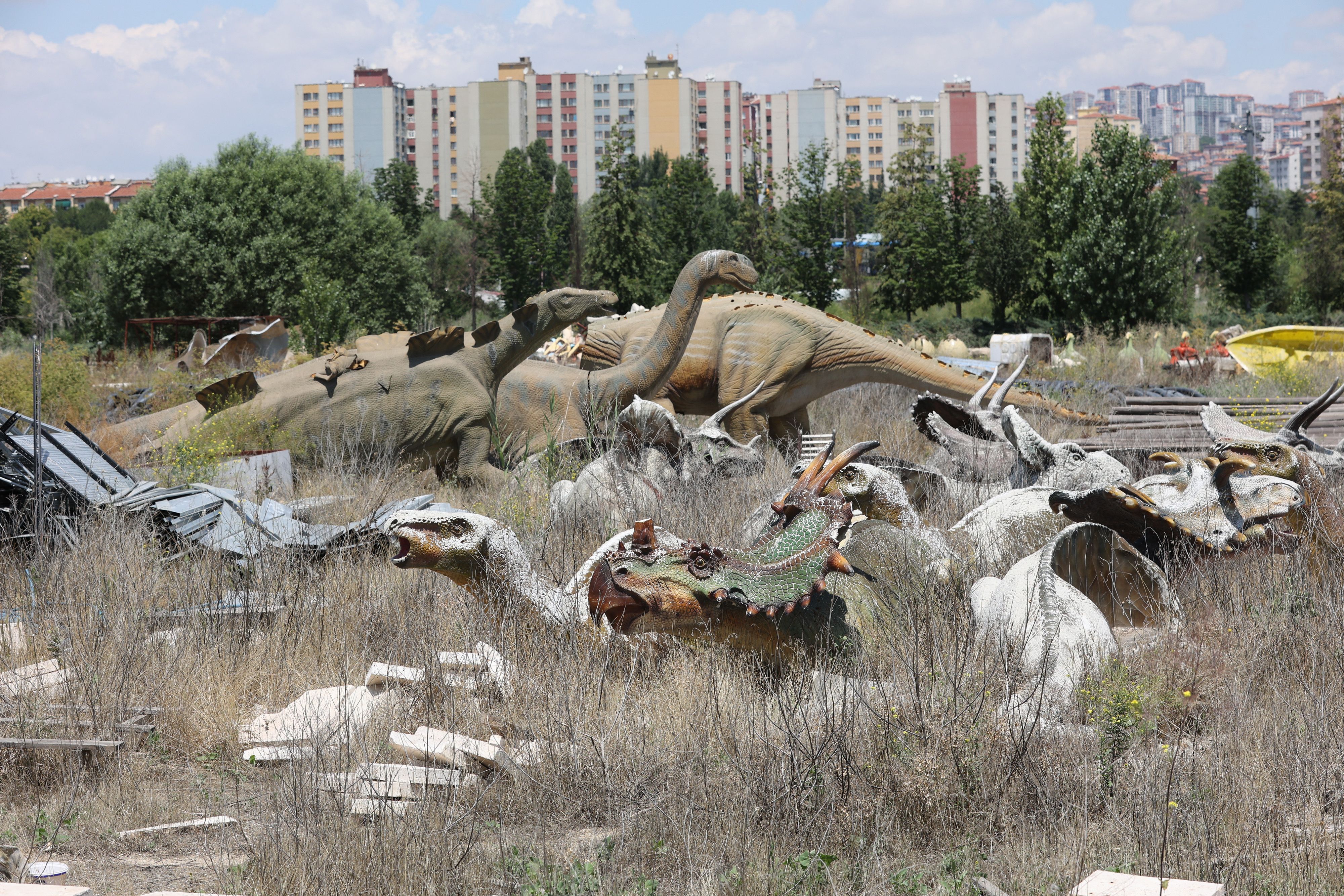
This is what Mansur Yavas, Ankara’s reformist mayor, inherited when he was elected to the vast metropolitan and rural area as the first member of the opposition in decades: a gigantic, fully built theme park billed as the largest in Europe. Wonderland Eurasia’s 17 rollercoasters are spread across 130 hectares, meant to draw tourists from across Europe and Asia and even beyond to Turkey’s capital with the allure of huge plaster dinosaurs, multiple food courts, souped-up carnival rides, and underpaid recent graduates dressed up as cartoon characters.
And it is all a disaster of unimaginable proportions, a monument to Turkey’s corruption and mismanagement. Built by the city’s flamboyant former mayor, İbrahim Melih Gokcek, it opened in March 2019 to much fanfare and was inaugurated by the president, Recep Tayyip Erdogan. But it was immediately beset by financial and infrastructure problems – including unsafe rides requiring millions of dollars in upgrades to bring them up to standard. Far fewer guests came to the theme park than were needed to make it sustainable. It failed to muster enough revenue even to pay its electricity bills. The park was leased to a private company in 2019, but that firm also went under, saddling the city with even more debt.
The project, which cost between $450m and $750m (£330m-£550m), closed permanently in February 2020, even before the lockdown measures required by the global pandemic began. It now lies dormant, collecting dust and rotting away like a scene from a post-apocalyptic television series.
It’s not only that the park cost hundreds of millions of dollars that the city doesn’t have. It lies not in some rural district, but near the city centre, taking up prime real estate that could have been used for urgently needed housing, job-providing industry, or parks for recreation.
Wonderland is but one debacle Yavas is grappling with since he has risen to become Turkey’s most popular politician. In repeated surveys over many months, the member of Turkey’s centre-left People’s Republican Party (CHP) has consistently ranked at the top of the country’s political map, beating Erdogan along with his colleague and fellow party member in Istanbul, Ekrem Imamoglu, and nationalist Good Party leader Meral Aksener. The 66-year-old refuses to say whether he is considering a presidential run in elections currently scheduled for 2023, insisting he’s focused on the city.
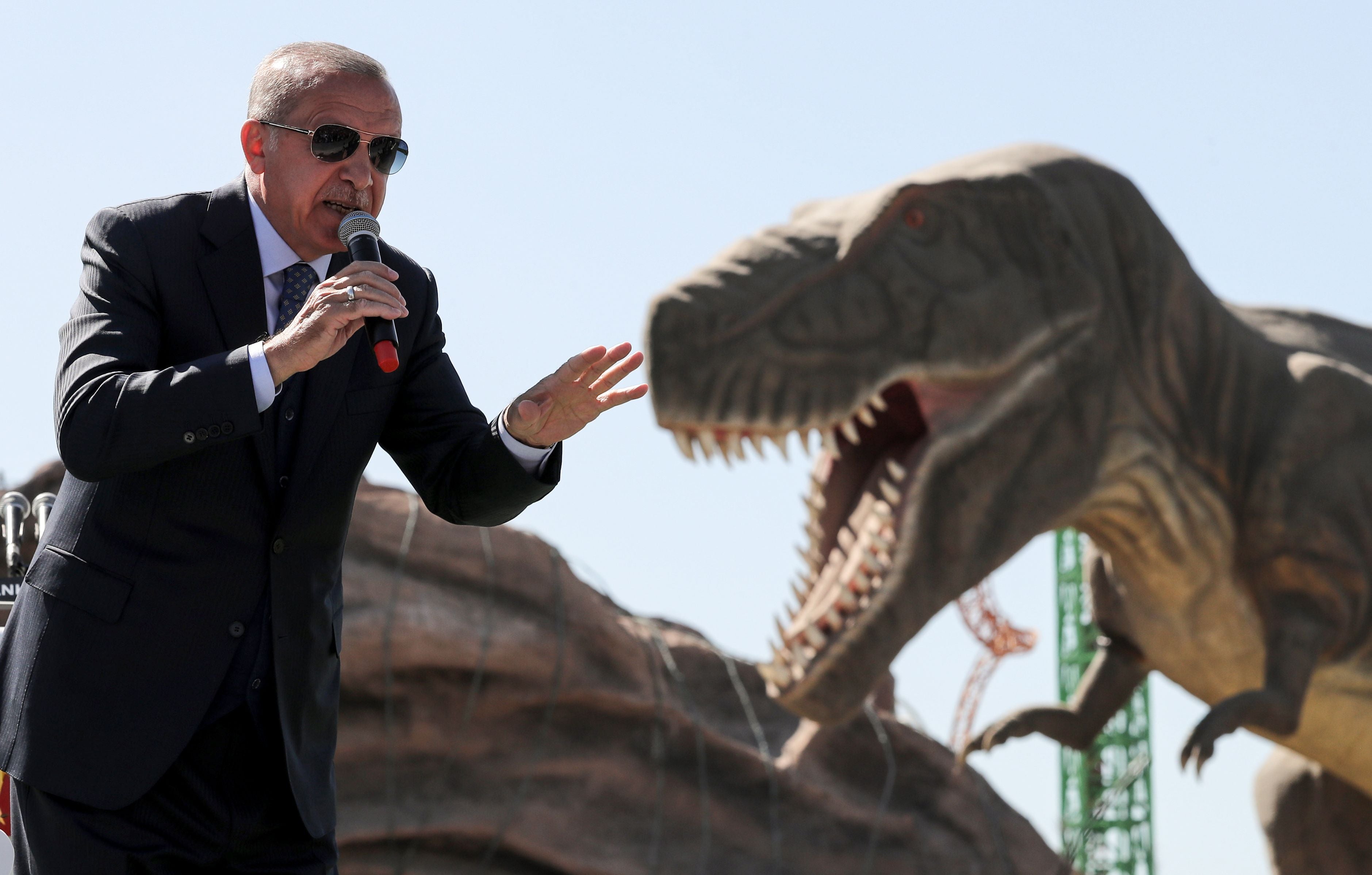
“Even though Ankara is the capital, it’s not really at the level that it deserves,” he says during an interview inside the Ankara municipal headquarters. “We would like Ankara to be competing with the leading capitals of the world. That’s why we would like to realise everything that we could in a contemporary capital city.”
Yavas has risen to the top of Turkish politics with a low-key managerial style that exudes competence rather than flash. He’s in some ways the opposite of today’s media-savvy populist leaders of the left or right. He talks about creating a vital city for ordinary people rather than expounding upon visions of grandeur.
“Between the priorities of the former mayors and mine there is an enormous gap,” he says, speaking through an interpreter. “They were concentrating on buildings, roads, and concrete construction, mostly. They didn’t give the required care to infrastructure regarding human health. We prioritise the people of Ankara, in terms of living rights and health rights and basic human rights.”
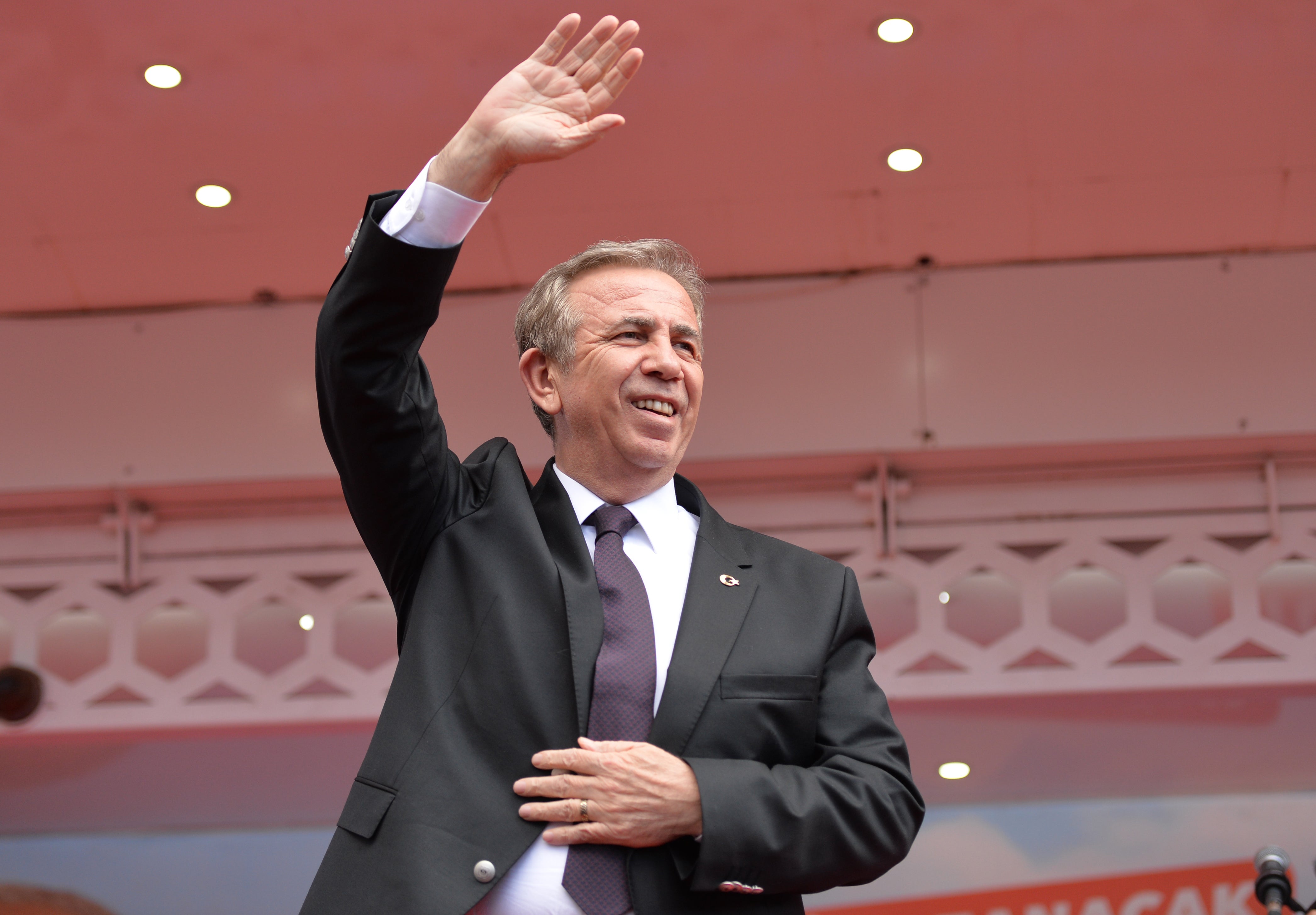
But there is a dark dimension to Yavas’s rise and potential challenge to the long-ruling Justice and Development Party (AKP). On some key issues he lies to the right of Erdogan. He has been criticised for being too independent of his own party, and willing to be too compromising with the AKP. He and his party have been accused of failing to counter xenophobia, trafficking in suspicions and worries among Turks about Syrian and Afghan refugees and foreigners as a way to marshal support against Erdogan.
Yavas’s challenges in Ankara show the uphill battle Turkey’s opposition faces in defeating Erdogan and the AKP, which has dominated the country for 19 years, in what is shaping up to be a potentially defining election in less than two years’ time. His successes so far may also provide a blueprint for defeating the wave of right-wing populists that have taken control of governments in Europe and elsewhere.
“These populists had a very good strategy to gain votes, but not necessarily the competence to address issues,” says Daniela Pisoiu, a researcher focused on the far right at the Austrian Institute for International Affairs in Vienna. “They were good at identifying and selling solutions to problems, but don’t have the ability to solve them.”
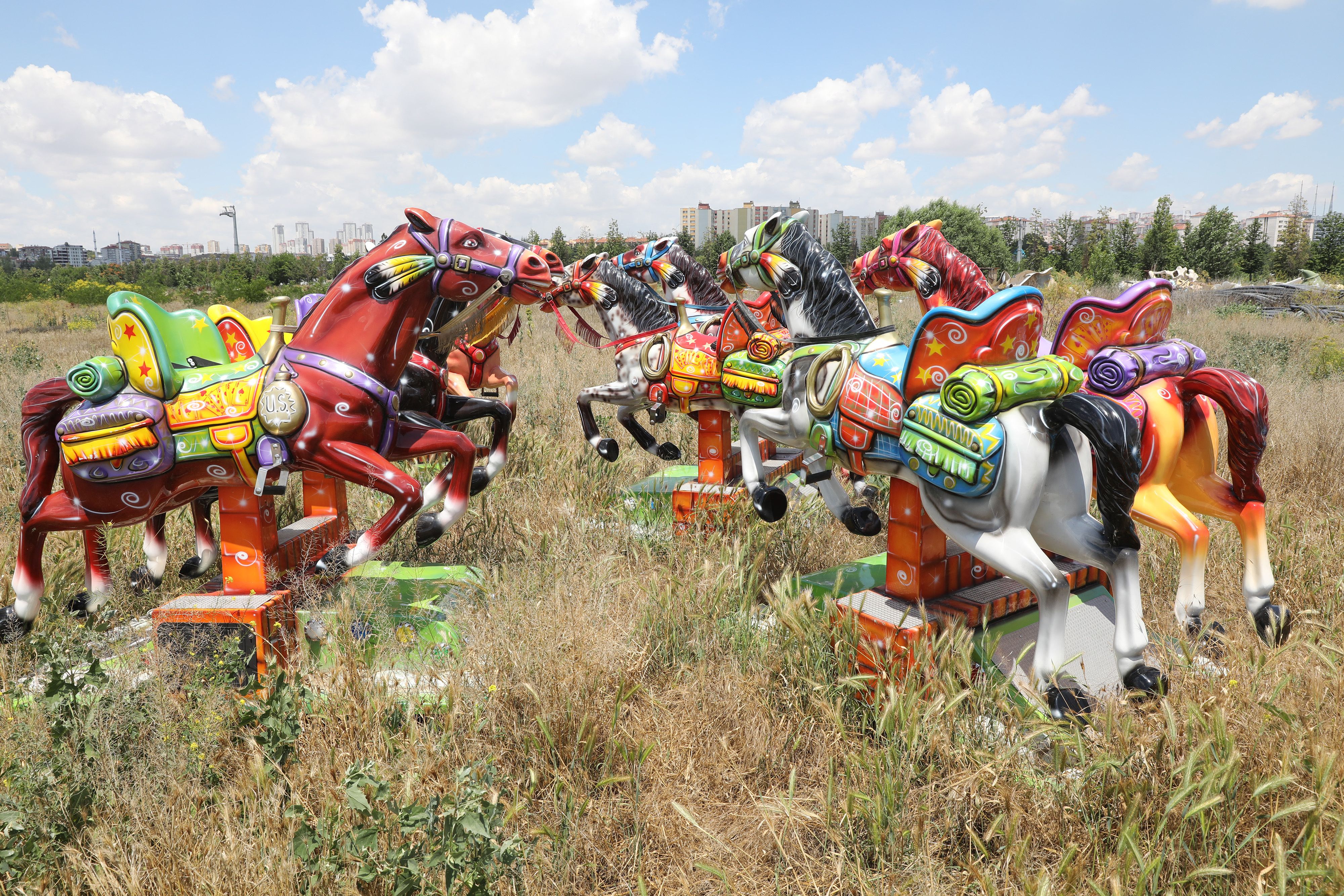
Ankara, a city 3,000 feet above sea level on the hilly terrain of central Anatolia, is the latest incarnation of the ancient city of Angora, and traces its history back to the Bronze Age. It became the headquarters of Mustafa Kemal Ataturk’s war of liberation against western-backed Greek invaders after the First World War collapse of the Ottoman empire.
In 1923, he established the city as the capital of the new Turkish Republic. The landlocked metropolitan area is subject to cold winters and hot summers, and lacks the breathtaking vistas of Istanbul or Izmir. But locals take pride in the city, which has over the decades grown to outstrip Izmir as Turkey’s second-largest city after Istanbul. It has become a hub of international diplomacy and political power.
Yavas’s domain includes the city as well as the vast outlying rural areas surrounding it, a total of 5.5 million people spread across 10,000 square miles, about the size of the American state of Massachusetts. Under Turkey’s political system, the mayor shares power with the governor of Ankara, who was appointed by Erdogan and in some ways enjoys more authority than the mayor. In addition, two dozen elected district mayors, a majority of them members of the AKP, wield considerable authority.
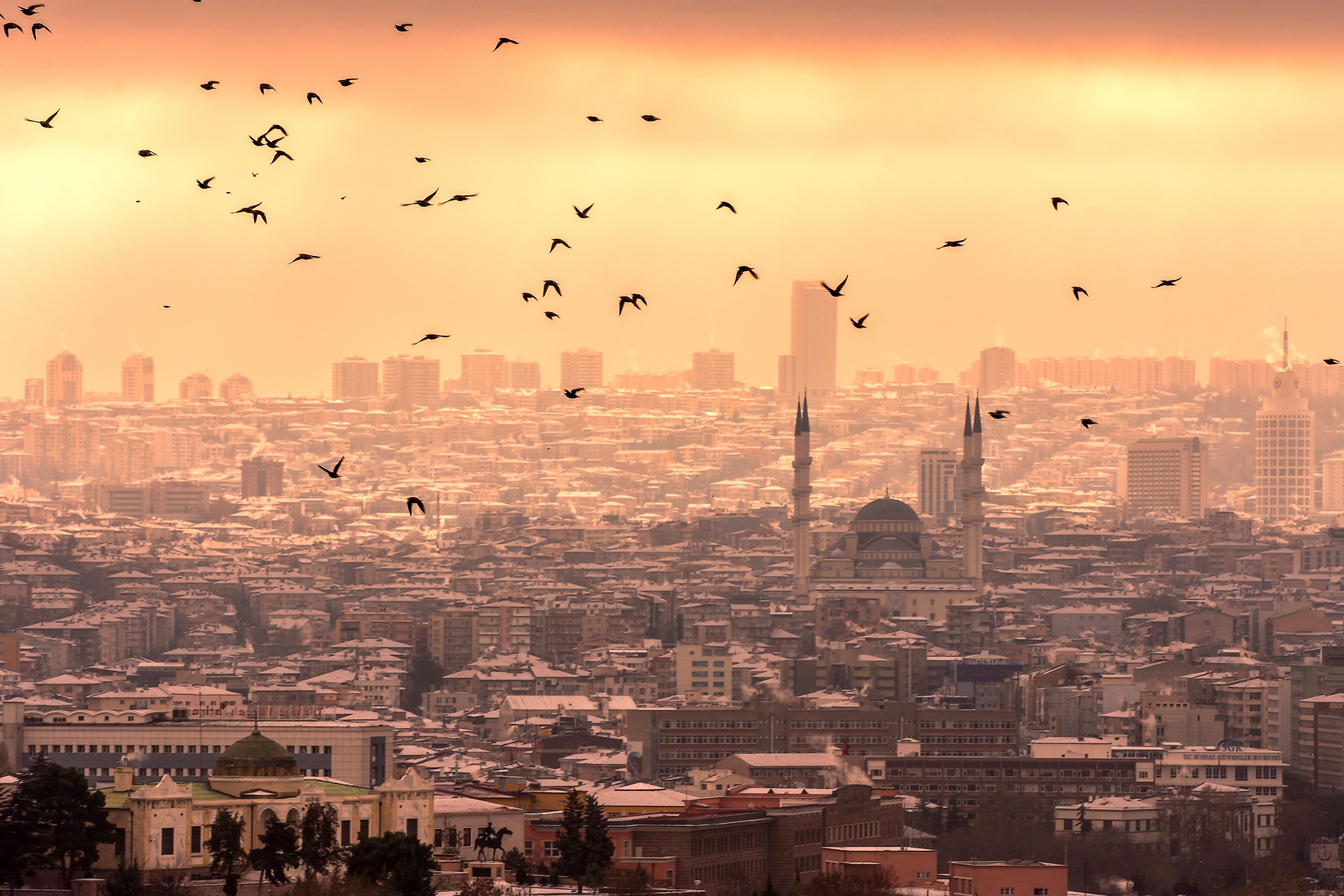
Years before his 2019 election, Yavas (pronounced Yavaash) was one of those district mayors. He was born the son of a carpenter and newspaper vendor, and was raised in the town of Beypazari in Ankara province, about 60 miles away from the city. He earned a law degree in Istanbul, and practiced while entering the fray of local politics as a member of the right-wing Nationalist Movement Party (MHP). He was elected to the Beypazari municipal council in 1989, becoming district mayor in 1999. He turned Beypazari from a dull farming town into a tourism magnet by restoring old houses, opening museums, and celebrating local delicacies.
In 2014, he ditched the MHP to join the CHP, and came to national prominence when he ran to become mayor of Ankara and narrowly lost to Gokcek, the AKP stalwart who had been in office since 1994, amid allegations of impropriety and vote-rigging that led to street protests. Gokcek’s failings ultimately proved such a drag on his party that Erdogan signalled he should leave, and he resigned in 2017.
Yavas won the 2019 election against the AKP candidate by nearly 4 percentage points, with overwhelming support from voters within Ankara city proper. Even diehard AKP supporters acknowledge his successes and popularity, even if they insist that his secret is to copy the agenda and ambitions of the younger Erdogan, who started his political career as mayor of Istanbul.
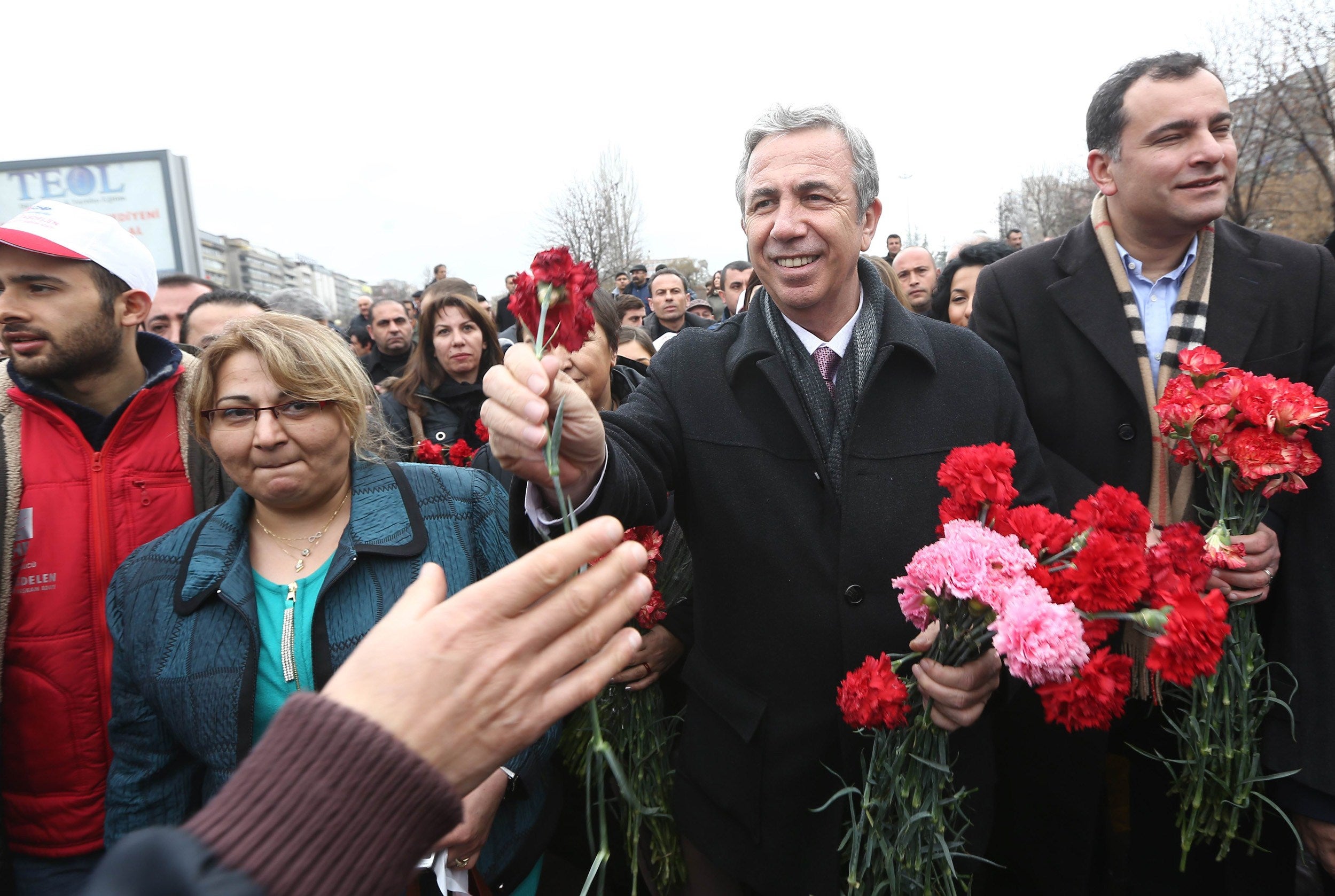
Yavas’s no-nonsense approach puts an emphasis on basic services, and marshalling the resources of the city to provide basic needs. “We are trying to provide everyone with required education and the minimum of food, and letting everyone access all the resources of the city,” he says.
During the height of the Covid pandemic, for example, Yavas’s administration set up broadband internet for 30,000 families in more than 900 locations across Ankara province, including rural areas that had voted overwhelmingly against him. “The villages didn’t have the required bandwidth for the children,” he says. “The government should be providing this. We were the first of the municipalities in Turkey to do that.”
Erdogan and the AKP are master builders, reshaping Turkey’s landscape over the years with new bridges, roadways, mosques and shopping centres. The projects Yavas has initiated have been modest, including renovating historical sites and reviving attractions such as natural hot baths to draw tourism. “In Europe, the cure for 15 days is $15,000,” he says. “We have this idea to provide this service for half the money, and include trips to historical sites.”
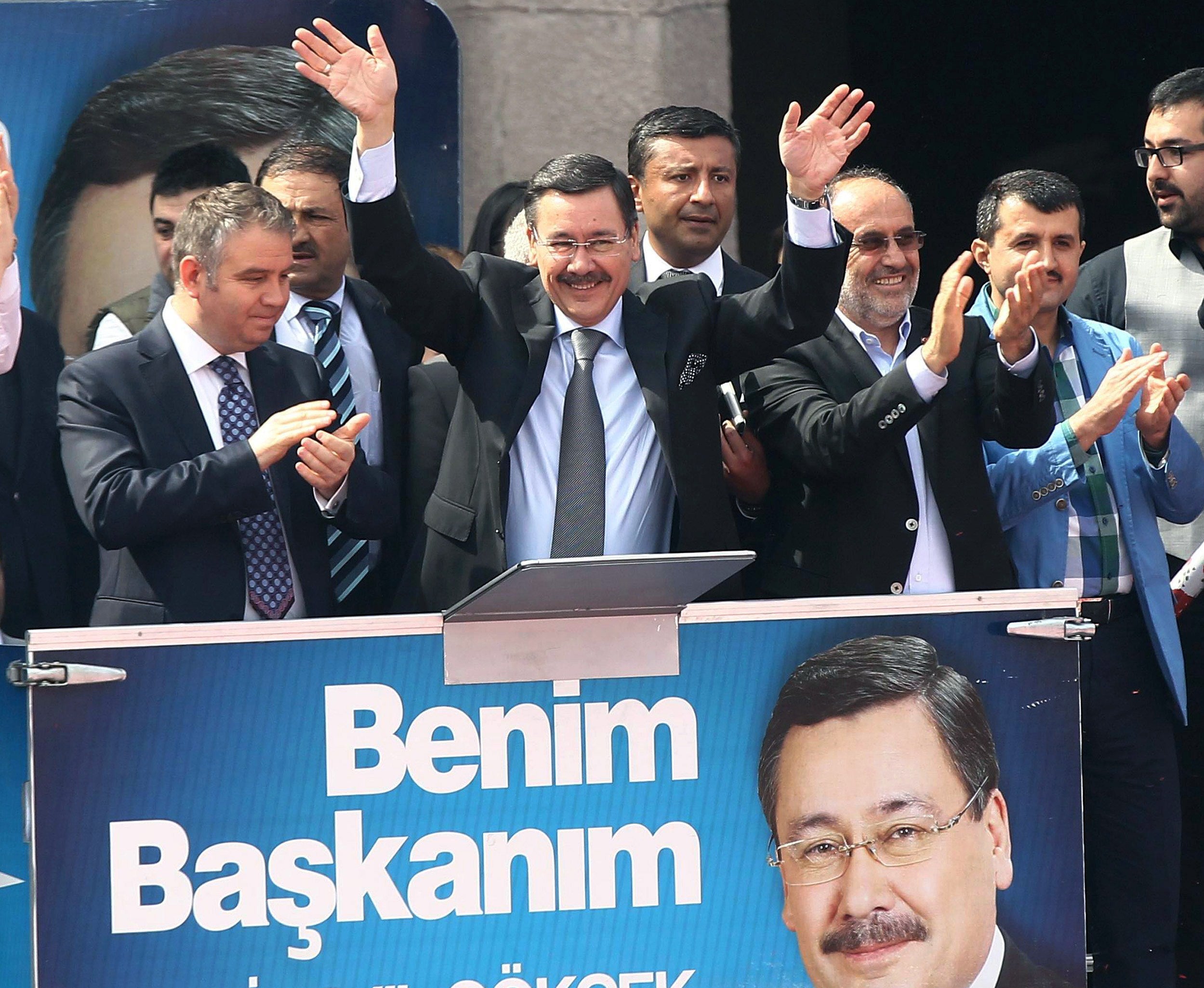
As mayor, Yavas has catered to Ankara’s 19 universities and their students. “College kids tweet at him about this or that problem, he replies back himself addressing them by their name and directly showing action,” says one Ankara political insider. “A good chunk of these kids have families elsewhere, so his national recognition immediately grows.”
Yavas and his team have also been shining a spotlight on the alleged corruption of the former administration. Indeed, corruption allegations powered the fall of right-wing administrations in the Czech Republic and Austria, and arguably the United States under Donald Trump. One of Yavas’s first acts was to sell off a fleet of dozens of sleek black luxury cars owned by the municipality and used by former officials to shuttle around the city. The move raised eyebrows about the opulent ways of the AKP elite, and won Yavas national media attention.
But further attempts at holding the former administration to account have foundered. Yavas and his political allies in the Ankara CHP have submitted nearly 40 corruption cases to the judiciary, but prosecutors have yet to seriously take up most of them. They include a case in which the city awarded a parks and gardens contract for the equivalent of $198 million to a well-connected local firm, when the job could have been done at a tiny fraction of the cost.
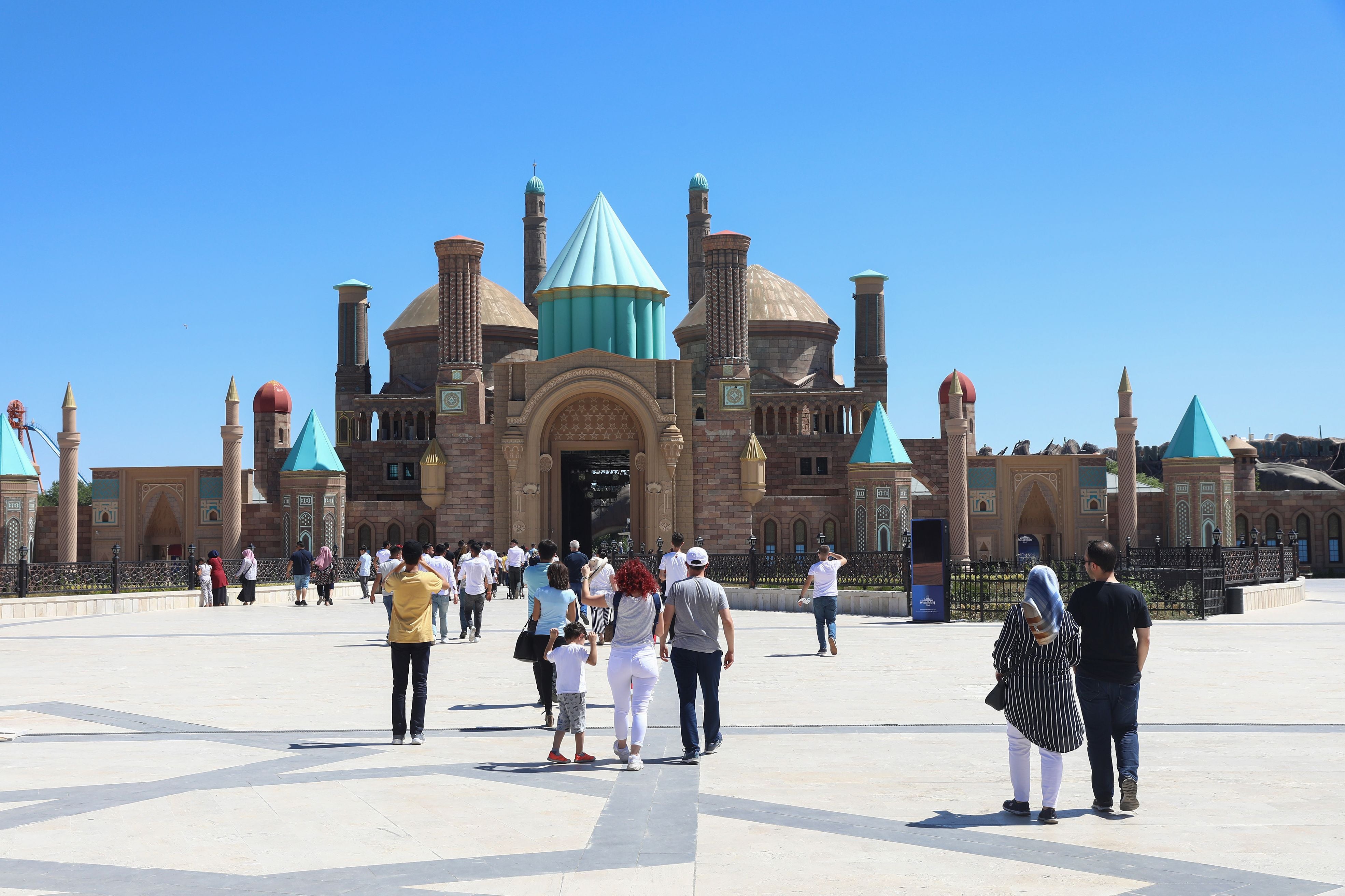
The city also paid tens of millions of dollars for a contract to create a cable car system to connect Wonderland Eurasia with other parts of the city, but shelled out 90 per cent of the cash before the now-abandoned project was near completion.
There was a 2012 privatisation of a city-owned concrete company, handed to a well-connected local for the equivalent of $11m but flipped a few years later for many times more than that to a large real-estate developer. Ankara wasted money on aviation vehicles, such as helicopters it never used, and millions on construction vehicles that appear to be useless.
Then there’s Wonderland, which critics say cost the city up to $750m in a city with a budget of about $900m (the former mayor insists the theme park cost no more than $450m). It was only last summer that the Ankara prosecutor began demanding documents from Gokcek, from whom the AKP leadership has distanced itself.
“The judiciary is not doing its part, so we’re trying to put some pressure on them,” says Ertan Isik, an official of the CHP in Ankara.
AKP insiders note that the CHP and its political antecedents also took part, and continue to take part, in the awarding of contracts and properties to favoured supporters. To counter such perceptions, Yavas ordered that all municipal proceedings, including the awarding of deals, be broadcast on the internet. Hundreds of thousands of citizens have tuned in.
“The process was not transparent,” Yavas says. “The first thing we did was declare all the tenders to be transparent before the eyes of the people.”
AKP supporters grudgingly admire Yavas, speaking of him with a reverence that they do not bestow upon Istanbul’s mayor Imamoglu, whom they see as a lightweight. “Imamoglu is much more of an extrovert. He is on his way to becoming an international name, beyond being Istanbul mayor,” wrote columnist Abdulkadir Selvi in a 2019 column in the pro-government Hurriyet newspaper. “Yavas, on the other hand, is work-oriented. Even when he won the mayorship, he didn’t opt for large crowds gathering in rallies.”
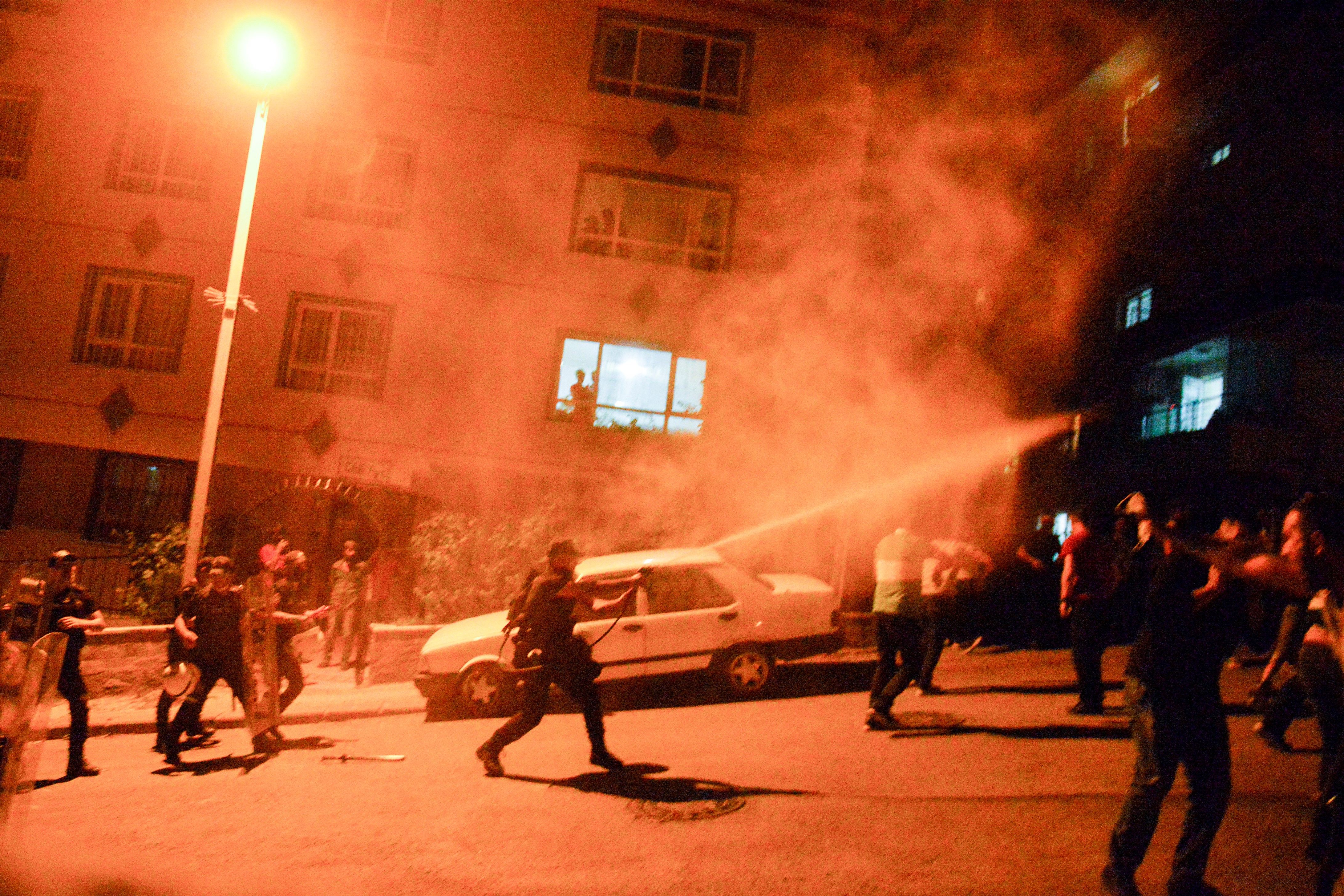
He has successfully utilised social media to reach out to young people. His March appearance on the platform Twitch, often used by videogame aficionados, broke national viewership records.
But although Yavas paints himself as a centre-left liberal when meeting with foreign dignitaries, he often projects a different image at home. When Turks in Ankara earlier this year attacked Syrian and Afghan refugees over an alleged homicide, Yavas did little to cool tempers. He instead blamed the Erdogan government for allowing those escaping horrific wars in the Middle East to settle in the country in the first place.
“I hope the authorities will prepare an emergency action plan and ensure that the guests return to their country before this problem – experienced in many parts of our country – becomes uncontrollable,” he said.
When an Armenian cemetery in Ankara was desecrated in 2020, Yavas said little. Instead it was the officials of an AKP offshoot opposition party who vocally derided the incident.
Yavas chooses his words carefully, contrasting himself with the previous administration, which he says thrived on fiery rhetoric and weaponised government institutions, pressuring municipal workers to attend political events, and warned of dire consequences should they lose office.
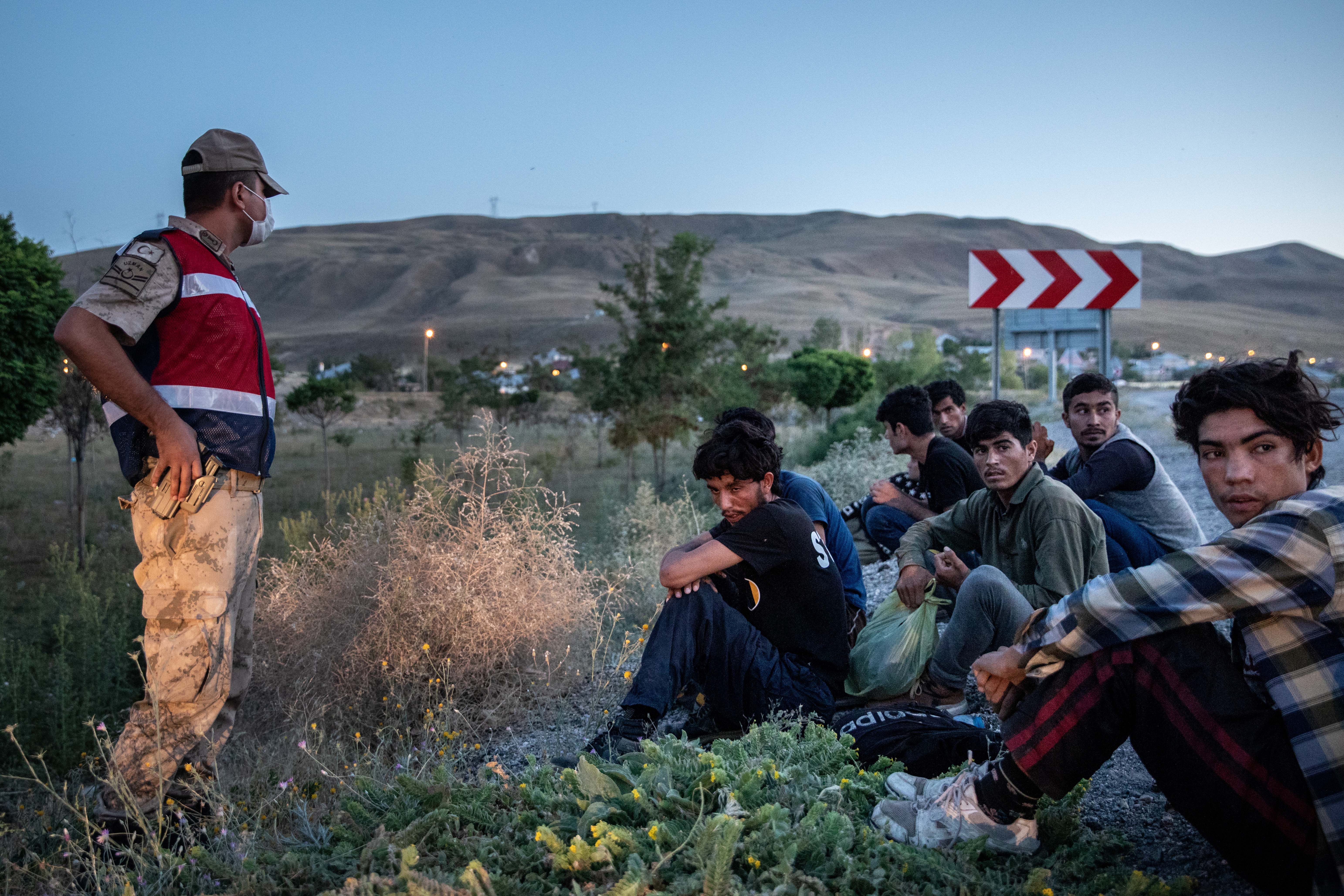
“It’s all about the style of managing and embracing everyone,” he says. “Society is tired of quarrels, fights, tired of harsh debate. People only accept those who are given a mission to do. The former mayor used to alienate and discriminate against people, fuelling the polarisation.”
But Yavas’s party has also become a safe haven for anti-immigrant hostility and xenophobia. CHP supporters often attack Erdogan as being too soft on refugees or not tough enough on Greece or Armenia, which have long-standing tensions with Turkey. The attacks on Erdogan, along with a harsh economy, have shifted Turkey’s political discourse further to the right on key issues such as foreign policy with neighbours, migration, and rights for minorities such as Kurds and Armenians.
Similarly in Hungary, the opposition has settled on a centre-right figure to lead the charge against Viktor Orban. Alexey Navalny, the most high-profile opponent to Russian president Vladimir Putin, has also engaged in xenophobic discourse, often attacking his nemesis on nationalist grounds.
In some ways, the liberal establishment in the west is also making similar moves. France, for example, is shielding itself against the threat posed by the far-right populism of Marine Le Pen and the surging Eric Zemmour by settling on the increasingly right-leaning Emmanuel Macron, who has adopted tough law-and-order policies and enabled anti-Muslim bigotry ahead of 2022 elections.
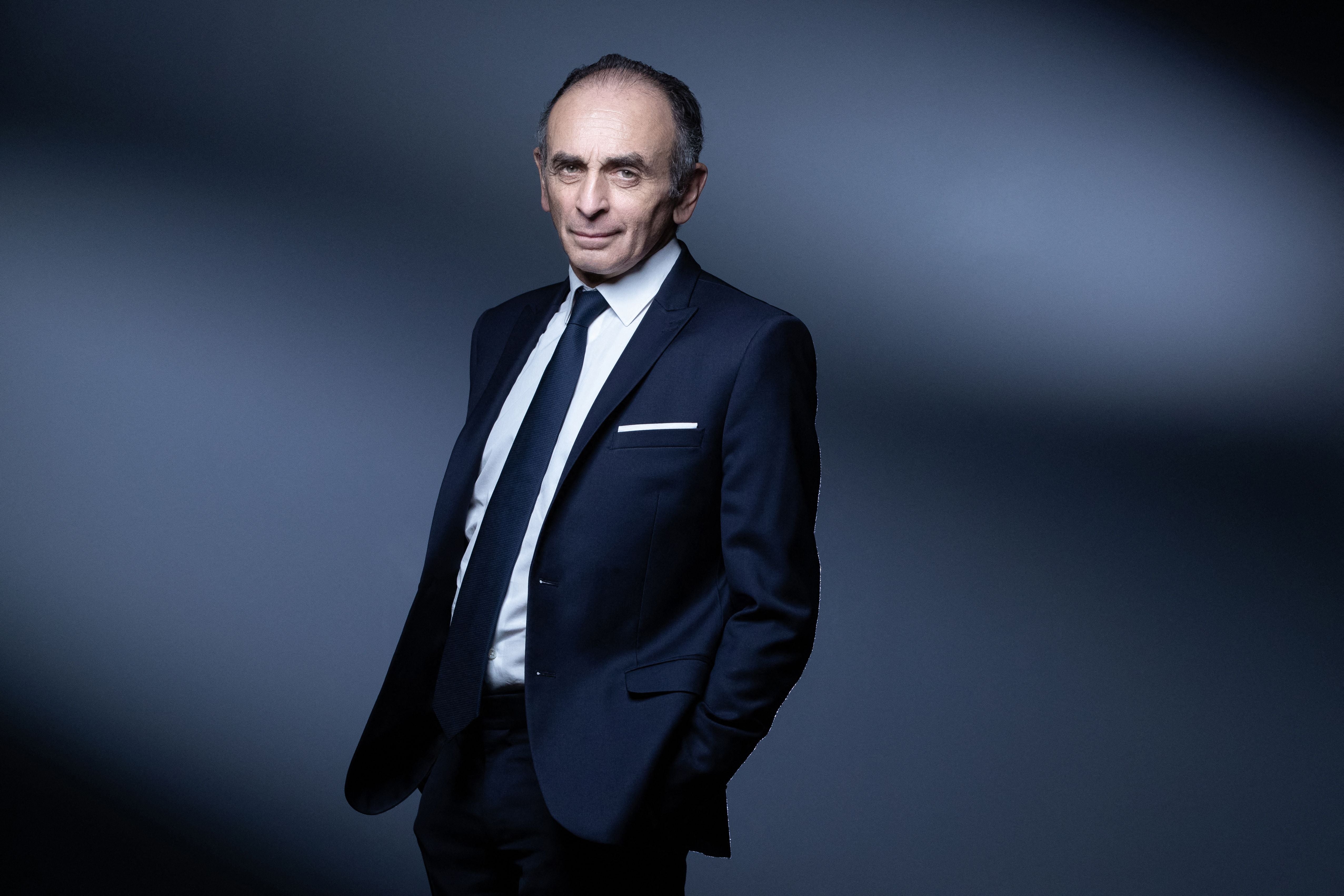
The trend prompts a question that may be uncomfortable to some, of whether the path to defeating the populist right is to abandon many liberal ideas and outflank opponents from the right.
For now, Yavas remains the front-runner in polls on the strength of his government’s services. Turkish media recently celebrated his launch of a debit card system that allows impoverished Ankara residents to pay for medicine, toys, baby products, books and school supplies without creating the spectacle of political leaders handing aid to the poor as a photo opportunity.
“I don’t want anyone going to bed going hungry, and I don’t want one single kid not having access to education rights,” he says. “Our greatest project is to support the people of Ankara on their path to prosperity.”




Join our commenting forum
Join thought-provoking conversations, follow other Independent readers and see their replies
Comments